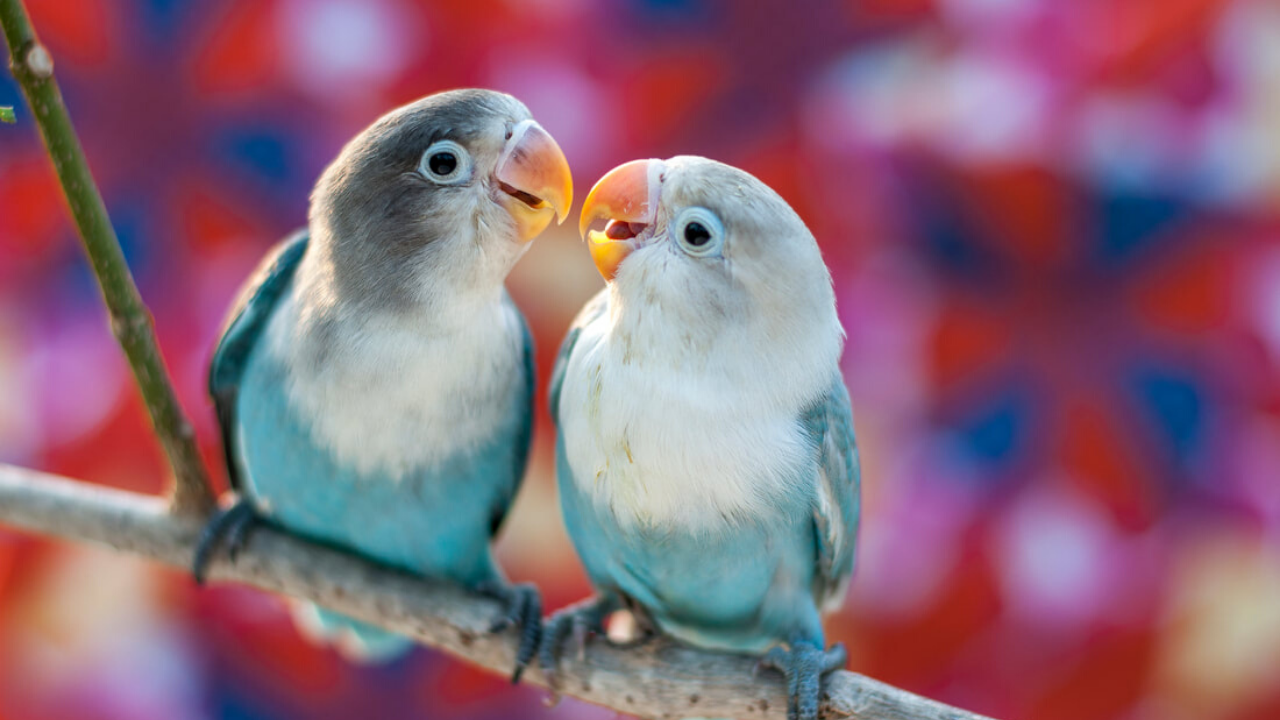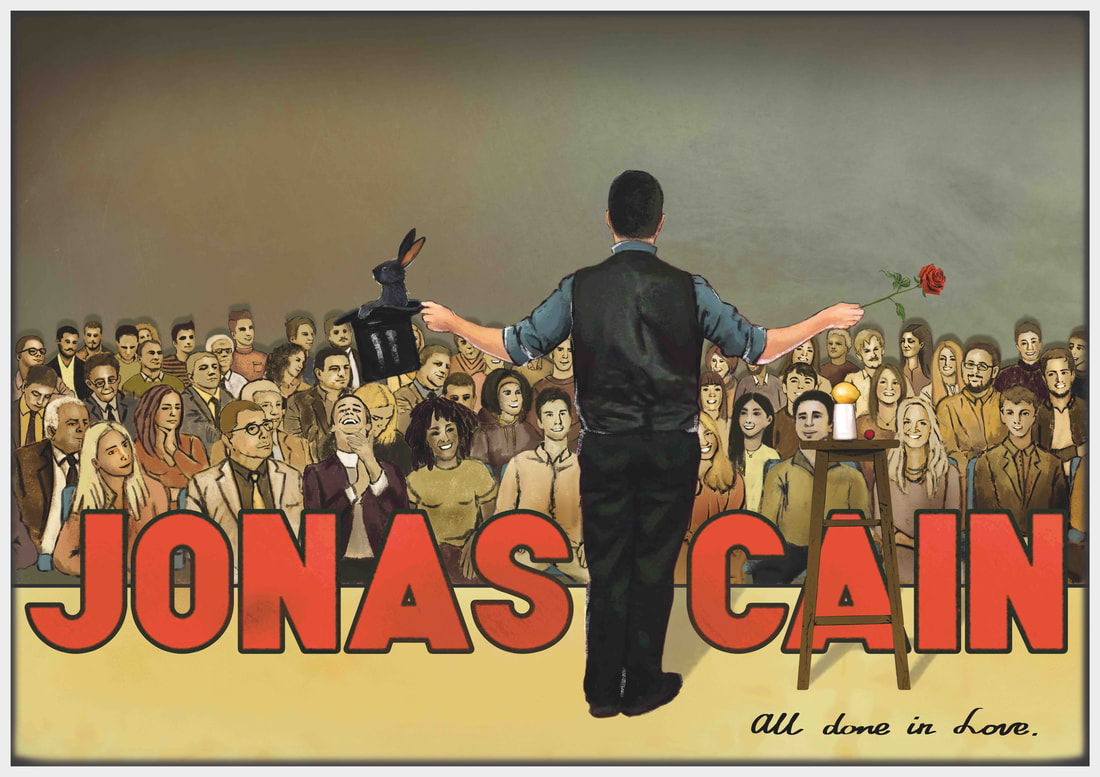|
It may sound the same, but it doesn’t feel the same
Read the full article now ⬇︎
In 2017 I commissioned the talented graphic artist Victoria Gorbylyova to create a promotional poster for my work. The poster would be in homage to David Devant, one of the most influential magicians of the twentieth century. One of Devant’s most famous posters had the slogan “All done by kindness” scrawled in the lower right corner. In the twenty-first century homage poster Gorbylyova used a similar format, but I asked her to inscribe a different slogan: “All done in love.” In the spirit of precision of language, this article unpacks what this might mean.
Celebrate Love St. Valentine’s Day is next week and I’m excited because it’s one of my two favorite holidays—right up there with Thanksgiving. Celebrating Love and Gratitude, how much better can it get? The trouble with Love, though, is people tend to fall under two camps:
The Problem With Love The problem with this word is that there are many sentiments that it can invoke and they all sound the same: Love. But they don’t all feel the same. The ancient Greeks had six words that are today all translated as Love, and psychologists have suggested that in addition to these six there are at least two more definitions to account for. With so many ways to interpret this word there’s truly no wonder there’s so much miscommunication and misunderstandings that arise from its use. What Does Your Love Mean? What follows is an outline of the eight models of Love as proposed by the Ancient Greeks and modern psychologists so that on Valentine’s Day you’ll be able to explain exactly what you mean when you tell your Valentine “I Love You.” 1. Storge Storge love is a fondness among those who value the long-term nature of the relationship, whether between friends, spouses, children, pets, or colleagues. It’s also been used to describe love felt towards one’s country and even a favorite sport team. 2. Philia Philia love is affectionate among equals, whether friends, family, or community. Some ancient texts used this term quite liberally as a generic word for any kind of love, such as loving a friend, a desire, an activity, food, or a romantic partner. 3. Pragmatic Pragmatic love is practical and convenient, where partners are in service to each other towards a common goal. 4. Ludus Ludus love is between those who value participating in fun experiences together, whether indoor or outdoor activities, games, joking around, and such. 5. Mania Mania love is an obsessive desire to experience love, often as a means of escape or to reinforce one’s own sense of value. This kind of love can lead to codependency and jealousy. 6. Eros Eros is an intimate romantic love. This kind of love may at first have an emphasis on physical beauty, but over time it may transform to include inner beauty as well. 7. Agape Agape love is unconditional and wills the good of another. Those with this kind of love find pleasure in serving the beloved. 8. Philautia Philautia love is self-love, which can be expressed negatively as vanity and egoism, or positively as self-acceptance and happiness for who you are. Reflection To dive deeper, consider the following:
Final Thoughts With so many definitions for this ubiquitous word, it’s no wonder there can be so much misunderstanding surrounding it. However you choose to celebrate Valentine’s Day, keep these definitions of love in mind so that the next time you feel affection for someone, you can pinpoint exactly how you feel!
0 Comments
Leave a Reply. |
AuthorJonas Cain, M.Ed. is a storyteller, magician, musician, and facilitator of fascination on a mission to help you experience abiding joy. Topics
All
SubscribeArchives
July 2024
|















 RSS Feed
RSS Feed
